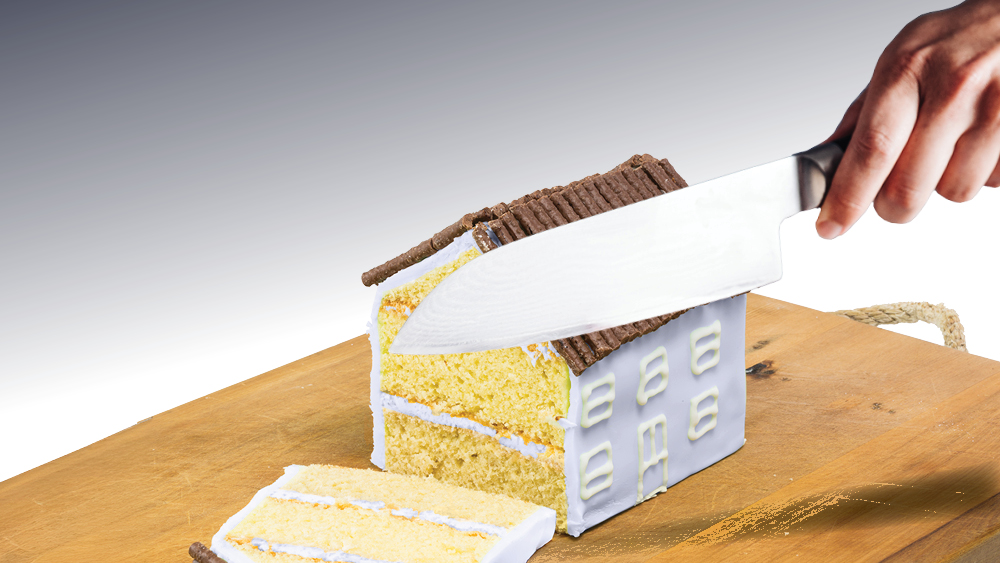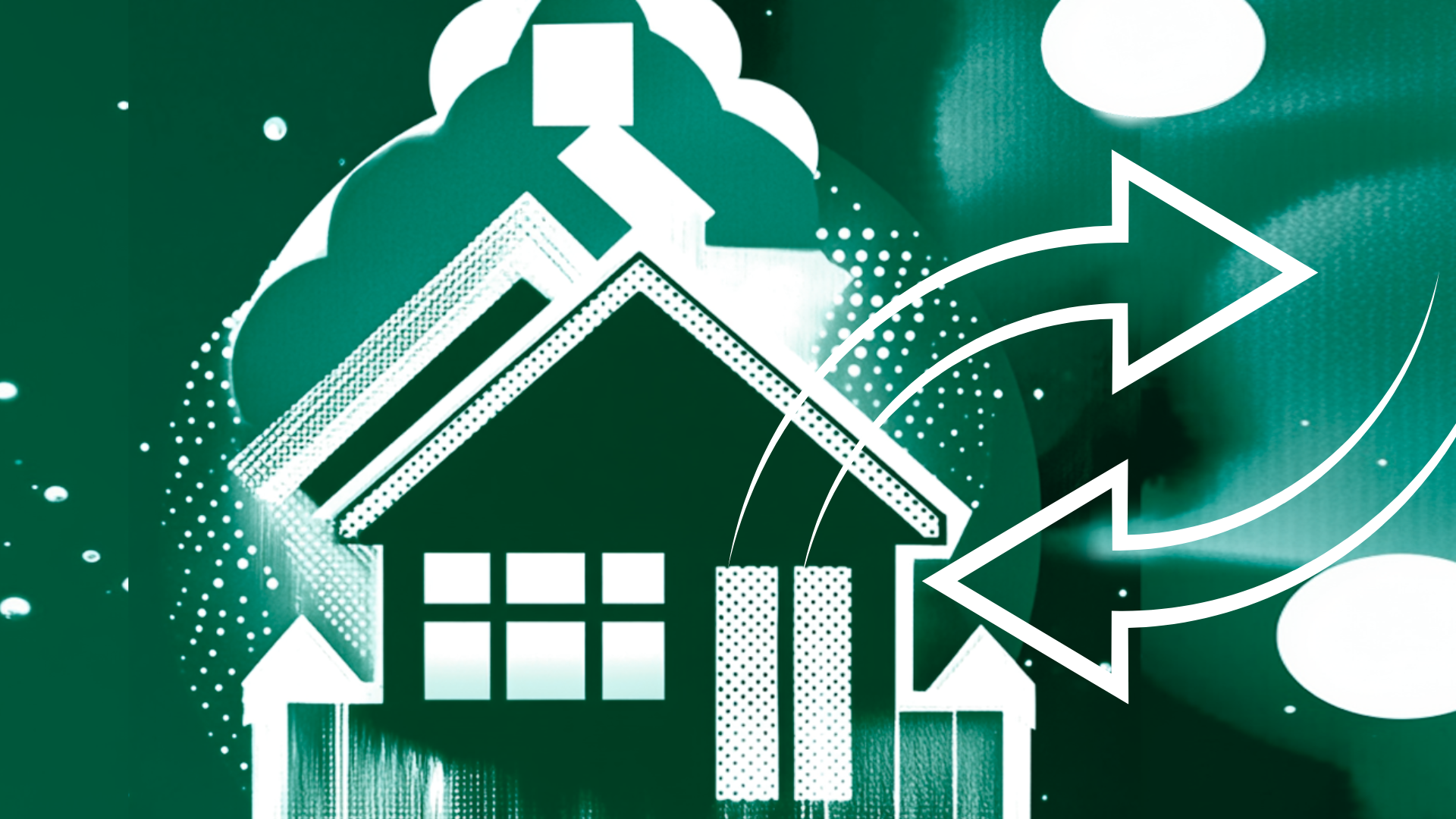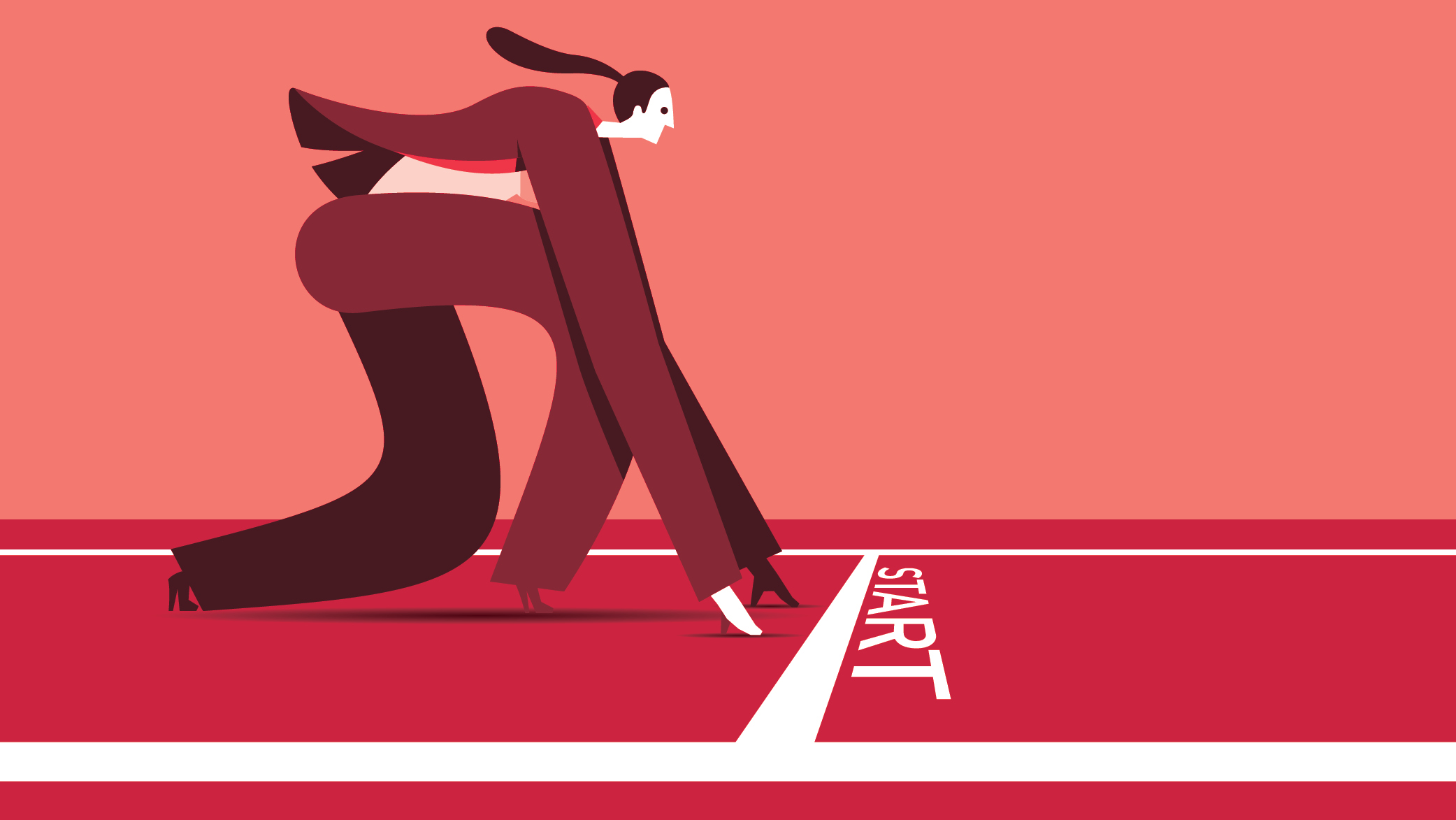

Close

Hello,
first name
!


A couple of years ago, I decided to go to a four-day workweek. I blocked off my Fridays on my calendar, colored that time slot lavender, and labeled it with the words “Enjoy Your Day.” As much as I love what I do, it brings a smile to my face to see that message staring back at me each week.
Now, I realize not everyone can choose a four-day work week and that’s not the point.
How can you find those small joy-filled moments in between the chaos of a day that make you stop and smile? Taking time for myself was a foreign idea and idle time was for sissies in my workaholic days. I was great at being a puppet on someone else’s strings to do what needed to get done, but over the years through a lot of practice, training, and the help of other coaches I’ve become pretty good at setting and keeping boundaries and coaching others to do the same. This is key to avoiding burnout.
How do you do with idle time? In this article, you’ll discover some simple ways to help embrace the stillness for a more peaceful and productive lifestyle.
You’re just about to leave for your dentist appointment when you receive a phone call saying the dentist has been called out on emergency and will have to reschedule your appointment.
Congratulations! You are the winner of one unexpected free hour!
What will you do with your winnings?
Answer your email? Return to the project you were working on before you had to leave? Pay bills? Return phone calls?
Ever consider doing nothing?
If you’re like many of us, the thought of doing absolutely nothing for an entire hour seems as wasteful as throwing a week’s worth of groceries out with the garbage. Free time with nothing to do can generate near panic among some of us who are overloaded and time-starved.
“We seem to have a complex about busyness in our culture,” says Thomas Moore, author of Care of the Soul. “Most of us do have time in our days that we could devote to simple relaxation, but we convince ourselves that we don’t.”
And yet, the harder we push, the more we need to replenish ourselves. As Stephan Rechtschaffen, author of Timeshifting, says, “Each of us needs some time that is strictly and entirely our own, and we should experience it daily.”
The importance of this downtime cannot be overstated. We see more clearly, we hear better, we’re more inspired, we discover what makes us feel alive.
On some level, we know this already. But claiming time to ourselves — time that is often labeled “unproductive” — and sticking to it can be difficult. We need to establish formal boundaries around our idle time to ensure that others — and we, ourselves — honor this time. Some ways to do this are:
How we define idle time varies by individual. For example, for one person, gardening may be meditative downtime, whereas for another, it is one more item on the to-do list (to be done as quickly as possible). The woods are a great place to stroll through for one person, an opportunity to be in and with nature: for another, it’s a great place for a power walk while dictating letters into a small tape recorder.
Our idle time should be like a beautiful flower: it has no purpose. It’s just there. And yet, it refreshes us and reminds us of nature’s glory.
Do something that has no purpose other than joy. Take a half-hour a day to surprise and delight yourself. Keep it simple and keep it consistent. If your idle time becomes a “program,” or becomes progress toward some productive goal, begin again.
You might be surprised at how simple it really is. Now go and “enjoy your day.”
A couple of years ago, I decided to go to a four-day workweek. I blocked off my Fridays on my calendar, colored that time slot lavender, and labeled it with the words “Enjoy Your Day.” As much as I love what I do, it brings a smile to my face to see that message staring back at me each week.
Now, I realize not everyone can choose a four-day work week and that’s not the point.
How can you find those small joy-filled moments in between the chaos of a day that make you stop and smile? Taking time for myself was a foreign idea and idle time was for sissies in my workaholic days. I was great at being a puppet on someone else’s strings to do what needed to get done, but over the years through a lot of practice, training, and the help of other coaches I’ve become pretty good at setting and keeping boundaries and coaching others to do the same. This is key to avoiding burnout.
How do you do with idle time? In this article, you’ll discover some simple ways to help embrace the stillness for a more peaceful and productive lifestyle.
You’re just about to leave for your dentist appointment when you receive a phone call saying the dentist has been called out on emergency and will have to reschedule your appointment.
Congratulations! You are the winner of one unexpected free hour!
What will you do with your winnings?
Answer your email? Return to the project you were working on before you had to leave? Pay bills? Return phone calls?
Ever consider doing nothing?
If you’re like many of us, the thought of doing absolutely nothing for an entire hour seems as wasteful as throwing a week’s worth of groceries out with the garbage. Free time with nothing to do can generate near panic among some of us who are overloaded and time-starved.
“We seem to have a complex about busyness in our culture,” says Thomas Moore, author of Care of the Soul. “Most of us do have time in our days that we could devote to simple relaxation, but we convince ourselves that we don’t.”
And yet, the harder we push, the more we need to replenish ourselves. As Stephan Rechtschaffen, author of Timeshifting, says, “Each of us needs some time that is strictly and entirely our own, and we should experience it daily.”
The importance of this downtime cannot be overstated. We see more clearly, we hear better, we’re more inspired, we discover what makes us feel alive.
On some level, we know this already. But claiming time to ourselves — time that is often labeled “unproductive” — and sticking to it can be difficult. We need to establish formal boundaries around our idle time to ensure that others — and we, ourselves — honor this time. Some ways to do this are:
How we define idle time varies by individual. For example, for one person, gardening may be meditative downtime, whereas for another, it is one more item on the to-do list (to be done as quickly as possible). The woods are a great place to stroll through for one person, an opportunity to be in and with nature: for another, it’s a great place for a power walk while dictating letters into a small tape recorder.
Our idle time should be like a beautiful flower: it has no purpose. It’s just there. And yet, it refreshes us and reminds us of nature’s glory.
Do something that has no purpose other than joy. Take a half-hour a day to surprise and delight yourself. Keep it simple and keep it consistent. If your idle time becomes a “program,” or becomes progress toward some productive goal, begin again.
You might be surprised at how simple it really is. Now go and “enjoy your day.”
A couple of years ago, I decided to go to a four-day workweek. I blocked off my Fridays on my calendar, colored that time slot lavender, and labeled it with the words “Enjoy Your Day.” As much as I love what I do, it brings a smile to my face to see that message staring back at me each week.
Now, I realize not everyone can choose a four-day work week and that’s not the point.
How can you find those small joy-filled moments in between the chaos of a day that make you stop and smile? Taking time for myself was a foreign idea and idle time was for sissies in my workaholic days. I was great at being a puppet on someone else’s strings to do what needed to get done, but over the years through a lot of practice, training, and the help of other coaches I’ve become pretty good at setting and keeping boundaries and coaching others to do the same. This is key to avoiding burnout.
How do you do with idle time? In this article, you’ll discover some simple ways to help embrace the stillness for a more peaceful and productive lifestyle.
You’re just about to leave for your dentist appointment when you receive a phone call saying the dentist has been called out on emergency and will have to reschedule your appointment.
Congratulations! You are the winner of one unexpected free hour!
What will you do with your winnings?
Answer your email? Return to the project you were working on before you had to leave? Pay bills? Return phone calls?
Ever consider doing nothing?
If you’re like many of us, the thought of doing absolutely nothing for an entire hour seems as wasteful as throwing a week’s worth of groceries out with the garbage. Free time with nothing to do can generate near panic among some of us who are overloaded and time-starved.
“We seem to have a complex about busyness in our culture,” says Thomas Moore, author of Care of the Soul. “Most of us do have time in our days that we could devote to simple relaxation, but we convince ourselves that we don’t.”
And yet, the harder we push, the more we need to replenish ourselves. As Stephan Rechtschaffen, author of Timeshifting, says, “Each of us needs some time that is strictly and entirely our own, and we should experience it daily.”
The importance of this downtime cannot be overstated. We see more clearly, we hear better, we’re more inspired, we discover what makes us feel alive.
On some level, we know this already. But claiming time to ourselves — time that is often labeled “unproductive” — and sticking to it can be difficult. We need to establish formal boundaries around our idle time to ensure that others — and we, ourselves — honor this time. Some ways to do this are:
How we define idle time varies by individual. For example, for one person, gardening may be meditative downtime, whereas for another, it is one more item on the to-do list (to be done as quickly as possible). The woods are a great place to stroll through for one person, an opportunity to be in and with nature: for another, it’s a great place for a power walk while dictating letters into a small tape recorder.
Our idle time should be like a beautiful flower: it has no purpose. It’s just there. And yet, it refreshes us and reminds us of nature’s glory.
Do something that has no purpose other than joy. Take a half-hour a day to surprise and delight yourself. Keep it simple and keep it consistent. If your idle time becomes a “program,” or becomes progress toward some productive goal, begin again.
You might be surprised at how simple it really is. Now go and “enjoy your day.”
A couple of years ago, I decided to go to a four-day workweek. I blocked off my Fridays on my calendar, colored that time slot lavender, and labeled it with the words “Enjoy Your Day.” As much as I love what I do, it brings a smile to my face to see that message staring back at me each week.
Now, I realize not everyone can choose a four-day work week and that’s not the point.
How can you find those small joy-filled moments in between the chaos of a day that make you stop and smile? Taking time for myself was a foreign idea and idle time was for sissies in my workaholic days. I was great at being a puppet on someone else’s strings to do what needed to get done, but over the years through a lot of practice, training, and the help of other coaches I’ve become pretty good at setting and keeping boundaries and coaching others to do the same. This is key to avoiding burnout.
How do you do with idle time? In this article, you’ll discover some simple ways to help embrace the stillness for a more peaceful and productive lifestyle.
You’re just about to leave for your dentist appointment when you receive a phone call saying the dentist has been called out on emergency and will have to reschedule your appointment.
Congratulations! You are the winner of one unexpected free hour!
What will you do with your winnings?
Answer your email? Return to the project you were working on before you had to leave? Pay bills? Return phone calls?
Ever consider doing nothing?
If you’re like many of us, the thought of doing absolutely nothing for an entire hour seems as wasteful as throwing a week’s worth of groceries out with the garbage. Free time with nothing to do can generate near panic among some of us who are overloaded and time-starved.
“We seem to have a complex about busyness in our culture,” says Thomas Moore, author of Care of the Soul. “Most of us do have time in our days that we could devote to simple relaxation, but we convince ourselves that we don’t.”
And yet, the harder we push, the more we need to replenish ourselves. As Stephan Rechtschaffen, author of Timeshifting, says, “Each of us needs some time that is strictly and entirely our own, and we should experience it daily.”
The importance of this downtime cannot be overstated. We see more clearly, we hear better, we’re more inspired, we discover what makes us feel alive.
On some level, we know this already. But claiming time to ourselves — time that is often labeled “unproductive” — and sticking to it can be difficult. We need to establish formal boundaries around our idle time to ensure that others — and we, ourselves — honor this time. Some ways to do this are:
How we define idle time varies by individual. For example, for one person, gardening may be meditative downtime, whereas for another, it is one more item on the to-do list (to be done as quickly as possible). The woods are a great place to stroll through for one person, an opportunity to be in and with nature: for another, it’s a great place for a power walk while dictating letters into a small tape recorder.
Our idle time should be like a beautiful flower: it has no purpose. It’s just there. And yet, it refreshes us and reminds us of nature’s glory.
Do something that has no purpose other than joy. Take a half-hour a day to surprise and delight yourself. Keep it simple and keep it consistent. If your idle time becomes a “program,” or becomes progress toward some productive goal, begin again.
You might be surprised at how simple it really is. Now go and “enjoy your day.”
MaxClass is a woman-owned company, and we're offering MWLC members 65% off your continuing education when you use our code WOMENWIN.
MaxClass is a woman-owned company, and we're offering MWLC members 65% off your continuing education. Become a member for our unique code.

.jpg)
You've earned your place. Don't let others make you feel differently.

How mortgage women can achieve Non-QM mastery

Recent litigagion may bleed into fair lending and agency regulation

Thriving in the workplace means working on yourself during downtime

Lenders need to craft a culture of compliance and customer care

Speaking up is like exercising: each time you do it, you grow stronger
.png)
Learn how address conflict directly and respectfully without escalating tension, give and receive feedback effectively to drive performance and growth, and navigate high-stakes conversations with composure and professionalism.

The Marketing Working Group wants to hear from you!

The industry keeps repeating old mistakes. Here’s how lenders can pivot, prepare, and protect profitability

Real talk on branding that actually resonates
MaxClass is a woman-owned company, and we're offering MWLC members 65% off your continuing education when you use our code WOMENWIN.
MaxClass is a woman-owned company, and we're offering MWLC members 65% off your continuing education. Become a member for our unique code.

.png)
.jpg)

An Airbnb girls’ trip turns into an inspiring greenhouse conversation about passion, reinvention, and the courage to turn dreams into meaningful work.

In the first session of the Mortgage Ops Exchange, we tackled unspoken questions in mortgage operations — from the 50-year mortgage buzz to motivating teams in a changing market.

2025 tested our resolve. 2026 will define our direction.

Meghan Golden’s journey at Mortgage Star shows the transformative power of women supporting women

How Zeitro CTO Yingjie Yu turned setbacks into breakthroughs — and is inspiring women in AI and mortgage to lead boldly

Women at the top are leveraging technology and mentorship to reshape servicing
Lorem ipsum dolor sit amet, consectetur adipiscing elit. Suspendisse varius enim in eros elementum tristique. Duis cursus, mi quis viverra ornare, eros dolor interdum nulla, ut commodo diam libero vitae erat. Aenean faucibus nibh et justo cursus id rutrum lorem imperdiet. Nunc ut sem vitae risus tristique posuere.
Lorem ipsum dolor sit amet, consectetur adipiscing elit. Suspendisse varius enim in eros elementum tristique. Duis cursus, mi quis viverra ornare, eros dolor interdum nulla, ut commodo diam libero vitae erat. Aenean faucibus nibh et justo cursus id rutrum lorem imperdiet. Nunc ut sem vitae risus tristique posuere.